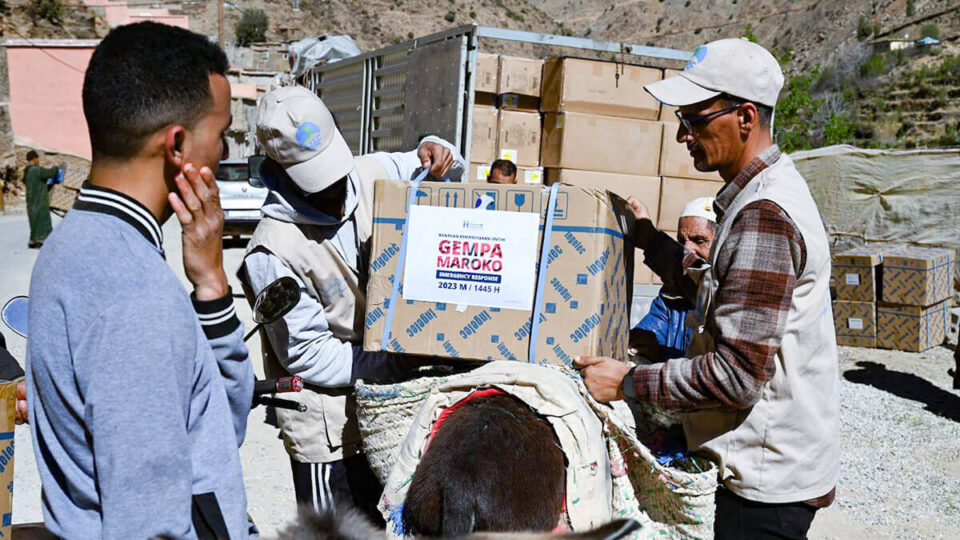The Reality of Humanitarian Aid: Politics, Gaps, and the Way Forward
The Humanitarian Aid Dilemma
Humanitarian aid, rooted in principles of compassion and global solidarity, is increasingly shaped by political agendas rather than the impartial goal of alleviating global suffering. This shift has led to a humanitarian response that often fails to meet the needs of the world’s most vulnerable populations, particularly in the aftermath of natural disasters.
As climate change accelerates, the frequency and severity of natural disasters continue to rise, disproportionately affecting already vulnerable communities. Economic, social, and environmental inequalities make it harder for these populations to withstand and recover from devastation. Ironically, these same groups contribute the least to climate change but bear the brunt of its consequences.
Without sufficient infrastructure or resources, these communities face catastrophic losses in lives, land, and livelihoods. Their recovery is hampered by inadequate means to rebuild essential infrastructure, further entrenching the cycle of vulnerability.
The Funding and Awareness Gap
One of the primary challenges in humanitarian aid is the stark gap between the needs of affected communities and the funding provided by donor nations. A significant portion of aid is concentrated on a few high-profile crises, such as those in Ukraine, Syria, Yemen, Afghanistan, and Palestine. While these areas undeniably require substantial support, this focus leaves critical regions like Sudan, Burkina Faso, and the Democratic Republic of the Congo underfunded and overlooked.
In 2023, for example, the top ten most under-reported humanitarian crises globally were all in Africa. Despite facing hunger, conflict, and climate-related disasters, these regions receive little media coverage or international attention. Angola, where 7.3 million people require aid, garnered only 1,049 media mentions in 2023—staggeringly low compared to the 273,000 articles celebrating the Barbie movie.
The Politics of Disaster Relief
Geopolitical priorities further exacerbate the disparity in aid distribution. Countries with closer geographic or political ties to donor nations often receive more attention and resources, while others are deprioritized. For instance, disasters in Africa receive 21% less funding compared to those in Europe due to donor-recipient proximity.
Additionally, regions with challenging environments—such as remote islands or mountainous areas—or those plagued by political instability often see delayed or reduced aid efforts. These barriers increase the cost and complexity of relief operations, discouraging donor nations from committing resources.
Moreover, many African governments, while recognizing the importance of disaster risk reduction, have yet to incorporate these principles into laws and policies. This gap leaves local NGOs and community organizations with limited resources and coordination, undermining their ability to respond effectively to crises.
A Path Forward
The future of humanitarian aid must focus on inclusivity, responsiveness, and community empowerment. Global initiatives like the “loss and damage fund,” introduced in international climate agreements, represent a step toward supporting communities facing irreversible climate impacts. However, these efforts must be backed by robust disaster risk reduction and response systems to ensure no region is left behind.
Local decision-making and community involvement are key to effective disaster recovery. Top-down approaches often fail to address the unique needs of affected populations. Empowering communities to lead recovery efforts ensures that aid aligns with their priorities, fostering long-term resilience and sustainable rebuilding.
Humanitarian aid has the potential to be a powerful force for equity and recovery. By addressing funding gaps, reducing geopolitical biases, and embracing local empowerment, the global community can create a more inclusive and effective aid system—one that leaves no one behind.


